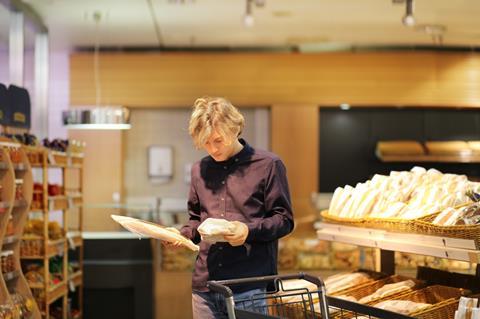
Bread is among the grocery product categories set to be examined by the competition watchdog in the coming months.
The Competition & Markets Authority (CMA) said it would be focussing on 10 individual product categories in its next phase of assessment of how retail competition is working in the UK grocery sector.
The categories – including bread, baby formula, milk, pet food, poultry, mayonnaise, baked beans, chilled desserts, ready meals, and lemonade – were identified as meriting further analysis to gain a deeper understanding of competition and price dynamics. They were not chosen as an indication of any provisional concerns that competition for these products is ineffective, noted the CMA.
The news came as the CMA released a report clearing supermarkets of profiteering during the cost-of-living crisis.
Following accusations from trade unions and politicians that weak competition was being offered by grocery retailers in an attempt to boost their profit margins, the regulator completed two months of assessments, particularly between supermarkets such as Asda, Morrisons, Sainsbury’s and Tesco, as well as discounters including Aldi and Lidl.
In its initial update published yesterday (20 July), the CMA said it had found no evidence to support the accusations. ‘Although food price inflation is at historically high levels, evidence collected to date indicates that competition issues have not been driving this’, stated the report.
Operating profits in the retail grocery sector were said to have fallen by 41.5% in 2022/23, compared with the previous year, while average operating margins dropped from 3.2% to 1.8%. The figures indicated that the rapidly rising input costs had not been passed on in full to customers, it noted. In addition, the report highlighted that the lowest-priced retailers Aldi and Lidl had gained market share on competitors, which suggests retailers are restricted in their ability to raise prices without losing business.
In regards to bakery offerings, almost all major supermarkets had announced cuts to the prices of their own-label bread back in May in reaction to a drop in the commodity price of wheat. Just this week, Asda revealed reductions on over 200 of its own-label products including crumpets and wholemeal rolls.
Earlier this month, the average price of an 800g loaf of white bread fell to its lowest since November last year.
The CMA asserted that, while some input costs are currently starting to fall, it would carefully monitor any signs of retailers rebuilding profit margins in the months ahead to ensure that people can still benefit from competitive prices.
In a separate report on unit pricing practices, the CMA called on the government to make legislation reforms to assist shoppers in spotting the best deals.
“With so many people struggling to feed their families, it’s vital that we do everything we can to make sure people find the best prices easily,” said Sarah Cardell, CEO of CMA. “We’ve found that not all retailers are displaying prices as clearly as they should, which could be hampering people’s ability to compare product prices.
“We’re writing to these retailers and warning them to make the necessary changes or risk facing enforcement action. The law itself needs to be tightened here, so we are also calling on the government to bring in reforms,” Cardell added.



















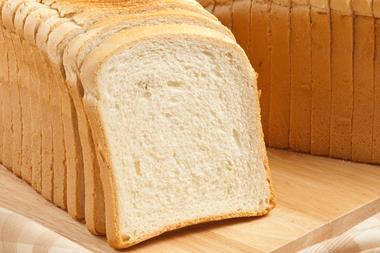
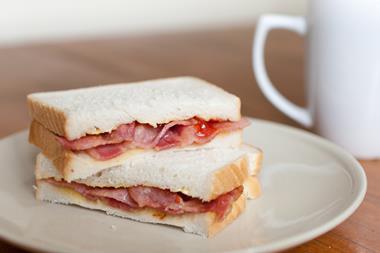
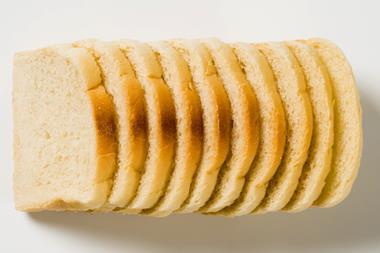
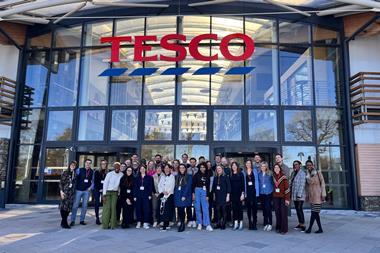
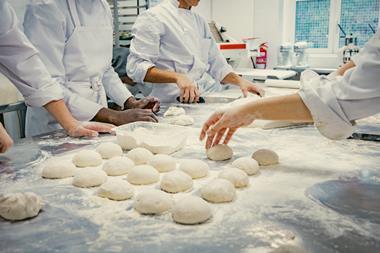


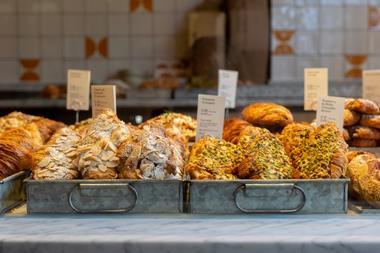
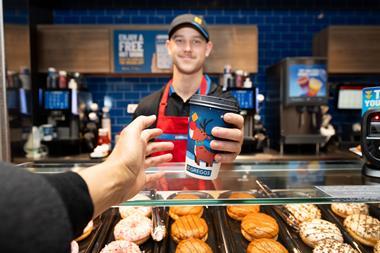




No comments yet